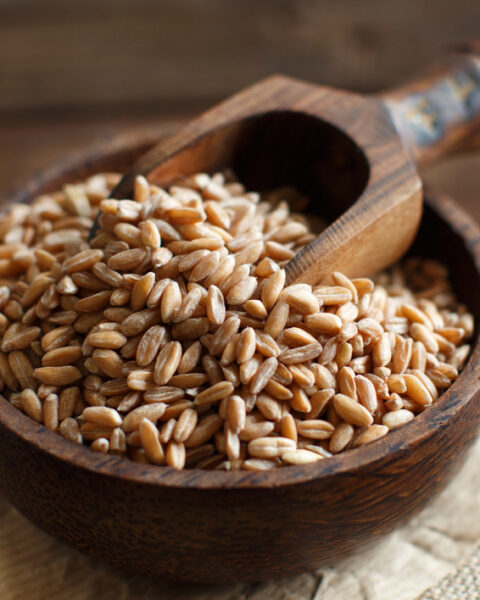In today’s economy, finding ways to save on everyday expenses is more important than ever. Food is a major part of our monthly budget, but with some savvy tips, you can reduce your grocery costs significantly. By adopting smarter shopping habits and making better use of what you buy, you can enjoy tasty meals while keeping your finances in check. Here are some effective strategies to help you save money on food.
Contents
- 1 Plan Your Meals
- 2 Buy in Bulk
- 3 Shop with a List
- 4 Cook at Home
- 5 Use Coupons and Discounts
- 6 Buy Seasonal Produce
- 7 Avoid Pre-Packaged and Processed Foods
- 8 Grow Your Own Herbs and Vegetables
- 9 Make Use of Leftovers
- 10 Freeze Extra Portions
- 11 More From RetailShout
- 12 Common Myths About Vegan Diets, Debunked
- 13 16 Creative Breakfast Sandwich Upgrades for a Better Morning
Plan Your Meals
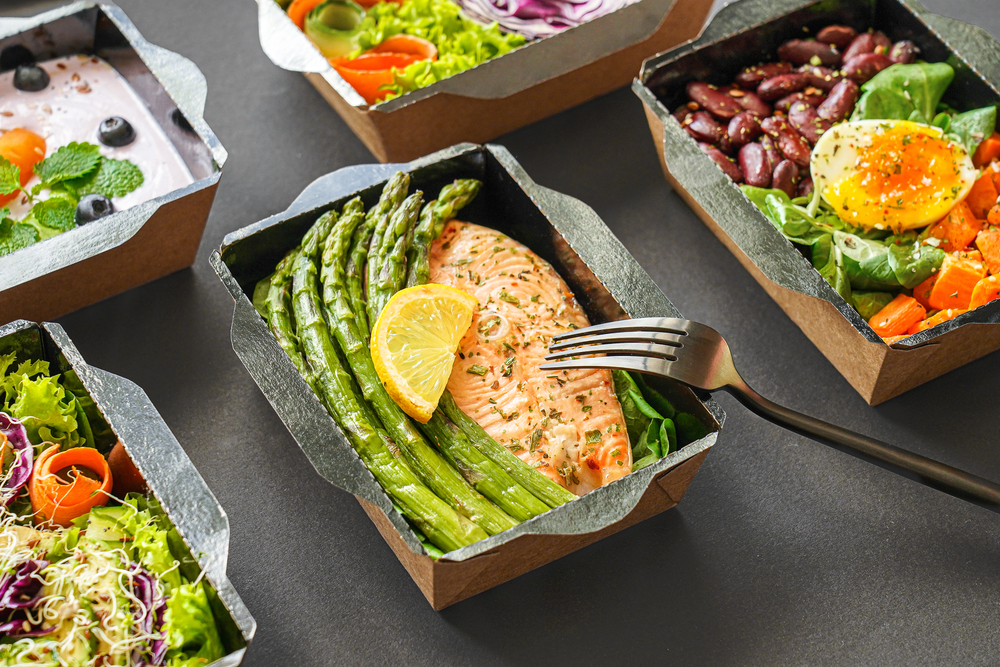
Meal planning is a game-changer when it comes to saving money on food. By planning your meals for the week, you can create a precise shopping list that ensures you buy only what you need. This helps to minimize food waste and avoid impulse purchases. Additionally, knowing what you’ll cook each day can save you time and stress during busy weekdays.
Buy in Bulk

Purchasing food items in bulk can significantly lower the cost per unit. Items like rice, pasta, and canned goods often come at a reduced price when bought in larger quantities. Just make sure to store bulk items properly to avoid spoilage. Bulk buying is particularly effective for non-perishable and frequently used items.
Shop with a List
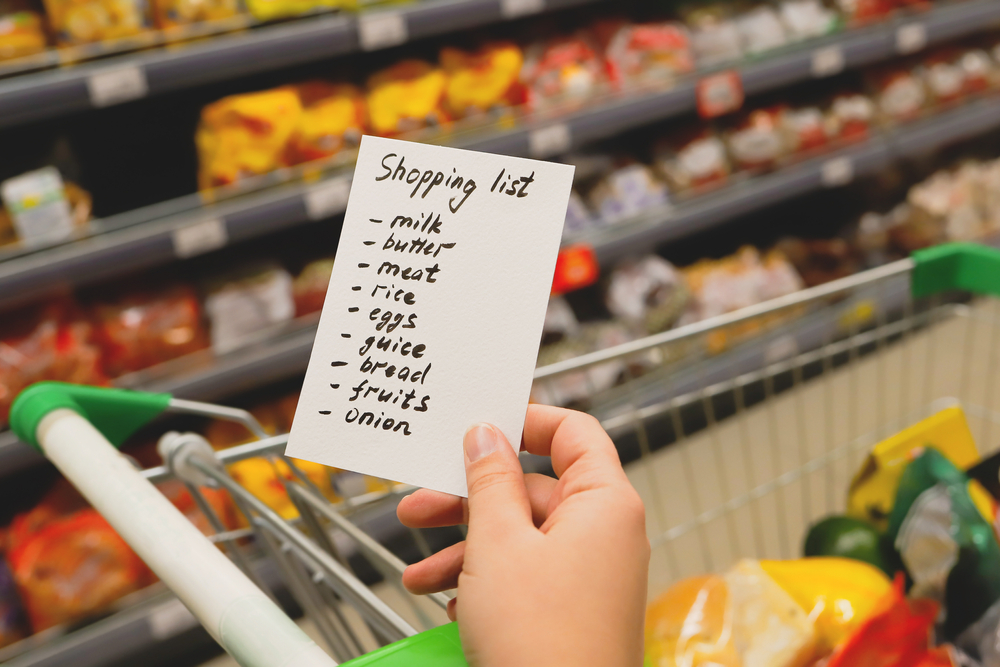
Always shop with a list to avoid buying unnecessary items. A list keeps you focused on what you need, preventing impulse buys that can quickly add up. It’s also a good idea to stick to your list as closely as possible while navigating the grocery store. This habit can lead to substantial savings over time.
Cook at Home

Preparing meals at home is generally much cheaper than dining out or ordering takeout. Home-cooked meals allow you to control portions and ingredients, which can be both healthier and more economical. Plus, cooking in larger batches means you can enjoy leftovers for lunch or dinner the next day. Over time, this habit can save you a significant amount of money.
Use Coupons and Discounts
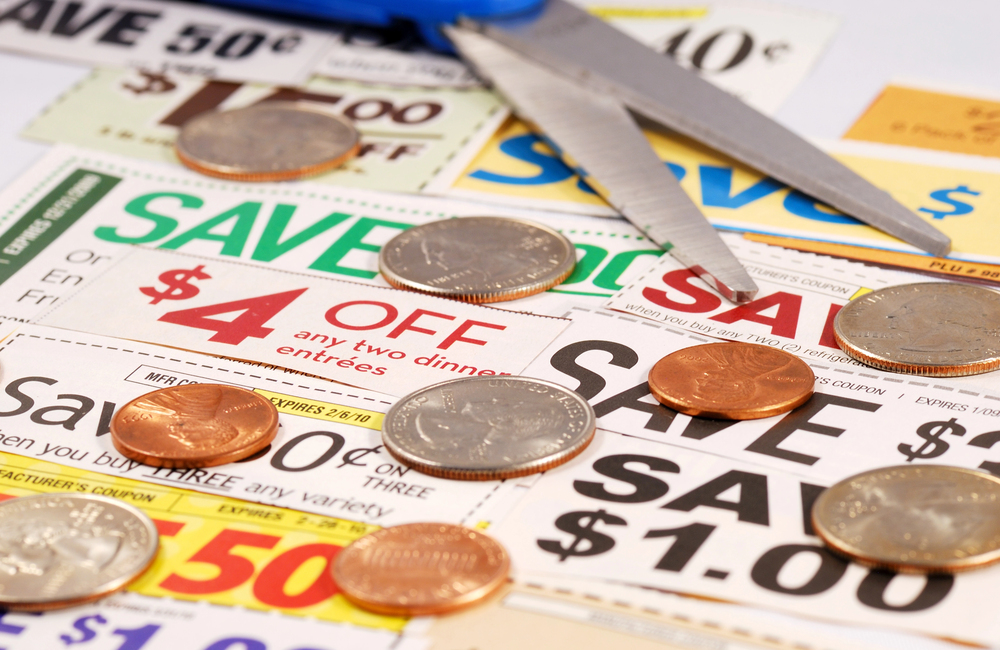
Taking advantage of coupons and store discounts can lead to big savings. Look for coupons in newspapers, online, and in-store flyers. Many grocery stores also offer loyalty programs that provide additional discounts. Combining coupons with sales can maximize your savings on groceries.
Buy Seasonal Produce

Seasonal fruits and vegetables are often cheaper and fresher than out-of-season options. When produce is in season, there’s usually an abundance of it, which drives down the price. Seasonal eating also encourages a more varied diet, as you adapt your meals to what’s currently available. Check local farmers’ markets for the best deals on fresh, seasonal produce.
Avoid Pre-Packaged and Processed Foods
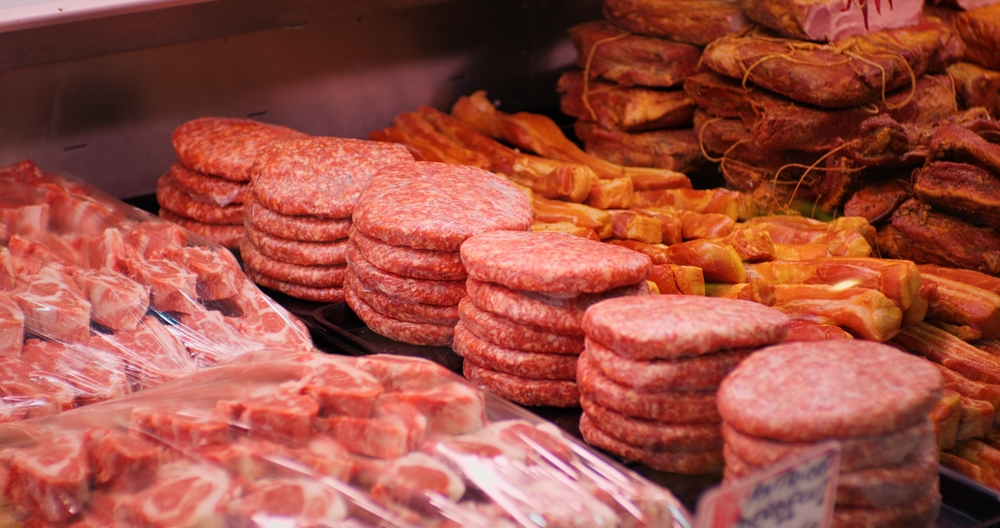
Pre-packaged and processed foods often come with a higher price tag compared to fresh ingredients. These items are convenient but can be more expensive and less healthy. Instead, opt for whole foods that you can prepare yourself. Not only will this save you money, but it will also provide you with more nutritious meals.
Grow Your Own Herbs and Vegetables

Growing your own herbs and vegetables can significantly reduce your grocery bills. Even if you don’t have a garden, many herbs and small vegetables can be grown in pots on a windowsill or balcony. This not only saves money but also ensures you have fresh produce readily available. Gardening can also be a fun and rewarding hobby.
Make Use of Leftovers

Don’t let leftovers go to waste; instead, find creative ways to repurpose them into new meals. Leftover vegetables can be turned into soups or stir-fries, while extra meat can be used in sandwiches or salads. By maximizing your leftovers, you can reduce food waste and get more value from what you buy. Planning for leftovers can also save you time on cooking.
Freeze Extra Portions
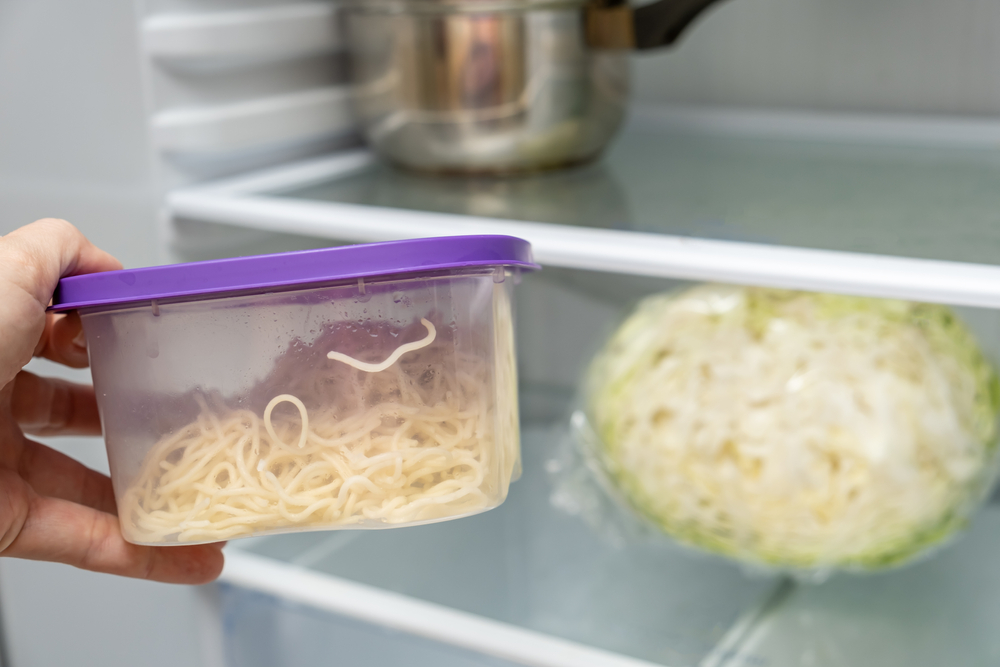
Freezing extra portions of meals is a great way to save money and reduce waste. Cook in bulk and freeze individual portions for later use. This is especially useful for busy weeks when you don’t have time to cook. Frozen meals can be just as tasty and nutritious as freshly cooked ones if stored properly.
More From RetailShout

Common Myths About Vegan Diets, Debunked

Vegan diets are often surrounded by misconceptions that can deter people from giving them a try. These myths can create unnecessary fears and misunderstandings about what it means to follow a plant-based lifestyle. Read More.
16 Creative Breakfast Sandwich Upgrades for a Better Morning

Breakfast sandwiches are a fantastic way to start the day, but sometimes the same old routine can get a little boring. If you’re looking to shake things up and add some excitement to your mornings, I’ve got some great tips for you. Whether it’s changing up your bread, adding a new spread, or experimenting with different fillings, there are plenty of ways to take your breakfast sandwich to the next level. Read More.





